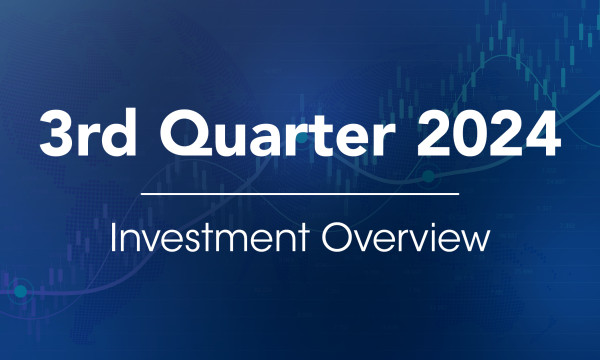Investing vs. paying down debt
Should you wait to invest until you’re debt-free? We discuss some considerations for younger investors looking to get started.

One of the big financial decisions you’ll be faced with in life is when to begin investing — especially if you’re carrying debt like student loans, credit cards, or even a mortgage. Should you pay off that debt before you start investing?
It may seem as if paying your bills and chipping away at your debt doesn’t leave much room leftover for saving, let alone investing. A sense of debt-related guilt or obligation can discourage folks from starting to invest, funding their retirement portfolio, or even setting up an emergency fund before these debts are paid off. Here, we’ll explore the case for each — and perhaps inspire you to find a way to do both.
The case for paying down debt
Debt is money you've already spent and are being charged interest on. And investing is a way to set money aside for your future, in an account or investment vehicle whose value may increase over time. (That’s why it’s a good idea to start early!) And that emergency fund? Well, that one is self-explanatory.
A great reason to pay down debt is to improve your credit score, which is so important in the future. Having a low credit score can mean paying higher interest rates — if you can get a loan at all. Your credit score can even affect other aspects of your life, such as the premiums you'll pay for insurance, whether a landlord will rent to you, and whether an employer will hire you.
Another good argument for addressing your debt promptly is interest rates, particularly if we’re talking high-interest credit card debt. Your interest charges are incurring interest charges of their own, creating a sense of urgency.
The argument for investing
If your debt is student loan debt, and your interest rates are less than 6%, putting extra money in your investment account could be a better bet. Over the long term, your investments will probably earn more compared to the savings from paying off those loans. After all, if those student loans are looming large, you’re likely at a prime investment age, giving your money more time to grow. And don’t forget the tax advantages associated with your education debt (but don’t take our word for it; check with your tax professional to discuss your unique situation).
As a general rule, if you can earn more interest on your money by investing it than your debts are costing you, it makes sense to invest. For example: If you have a $5,000 loan at a 6% APR but could invest somewhere else and get an 8% rate of return, it would make more sense to invest that money instead of paying off the loan. (Keep in mind, market volatility is a real thing; that’s why it’s important to consider your risk tolerance when investing.)
Paying down debt vs. investing doesn’t have to be an either/or situation. In fact, try to consistently contribute to three buckets: debt payoff, retirement, and an emergency fund. If you don’t already have an emergency fund, you might want to use some of your money to create one while using the rest to pay down your debts. A great place to start — and grow — that safety cushion is an investment account.
Once your emergency fund of three to six months’ worth of expenses is established, you can continue investing toward other significant life goals. Debt shouldn’t stand in the way of your ability to start a family, buy a home, or plan for retirement.
Speaking of retirement, there is one more “bucket” to consider, if you will: If you have a retirement savings account at work and your employer matches your contributions, try to contribute at least up to your employer’s match.
There’s definite benefit in knowing that you’ve started investing, and even in instances where debt exists, it’s good to set up an investment account to get things started. Even if you can only contribute $10 or $20 per paycheck per month to your emergency investment fund in addition to your debt payoff, it’s worth doing.
We hope you found some of our tips helpful! This article is part of the Financial Planning, part of UBT's Five Principles of Financial Wellness Series.
|
Learning Center articles, guides, blogs, podcasts, and videos are for informational purposes only and are not an advertisement for a product or service. The accuracy and completeness is not guaranteed and does not constitute legal or tax advice. Please consult with your own tax, legal, and financial advisors.





